I work on homomorphic encryption (HE or FHE for “fully” homomorphic encryption) and I have written a lot about it on this blog (see the relevant tag). This article is a collection of short answers to questions I see on various threads and news aggregators discussing FHE. Facts If a service uses FHE and can respond to encrypted queries, can’t the service see your query? How is it possible to operate on encrypted data without seeing it?
Rogue Scholar Posts

I’m thrilled to share the publication of our new paper published today in Nature Reviews Biodiversity : You can read the paper (free) here: https://rdcu.be/ewG5R.Read the paper (free) This Perspective paper was a global collaboration between Colossal Biosciences, the University of East Anglia, the Globe institute at the University of Copenhagen, the Mauritian Wildlife Foundation, Durrell Wildlife Conservation Trust, the government of

Hey there, Three weeks ago, I hit send on one of the most personal announcements I’ve ever shared. On July 1, I announced the debut of my first science fiction novel— On the Wings of a Pig . The response was overwhelming. I expected a few nods of support, maybe some curiosity.
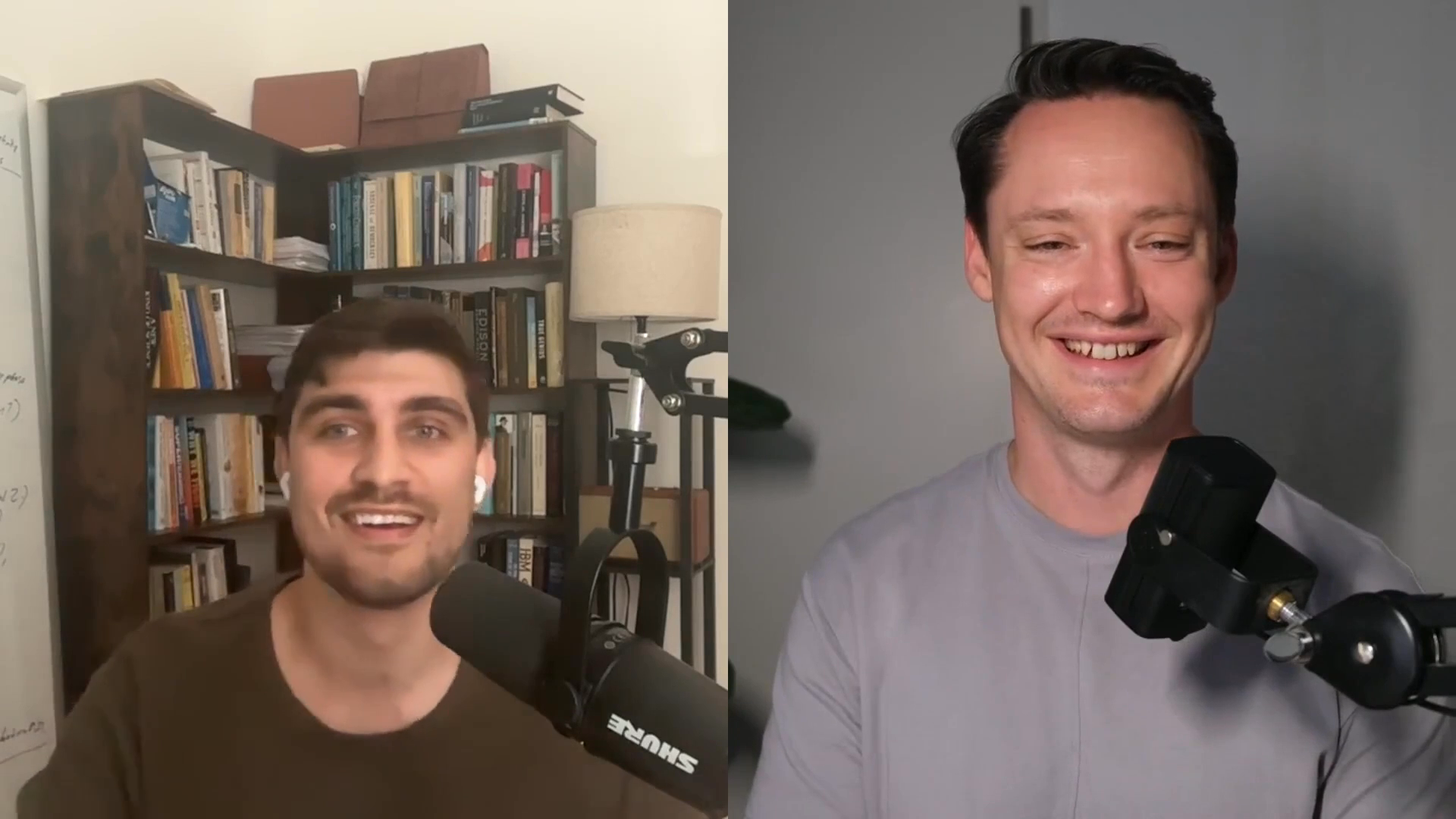
The Spotify version of today’s episode can be found at this link.
The threshold of originality is the linchpin for determining whether an intellectual achievement is considered a work and therefore enjoys copyright protection. Several myths are surrounding this concept, and its application depends on the individual case. However, there are clear criteria and examples to help with this. The ‘threshold of originality’ is an undefined legal term, i.e. it is not defined in the legal text itself.
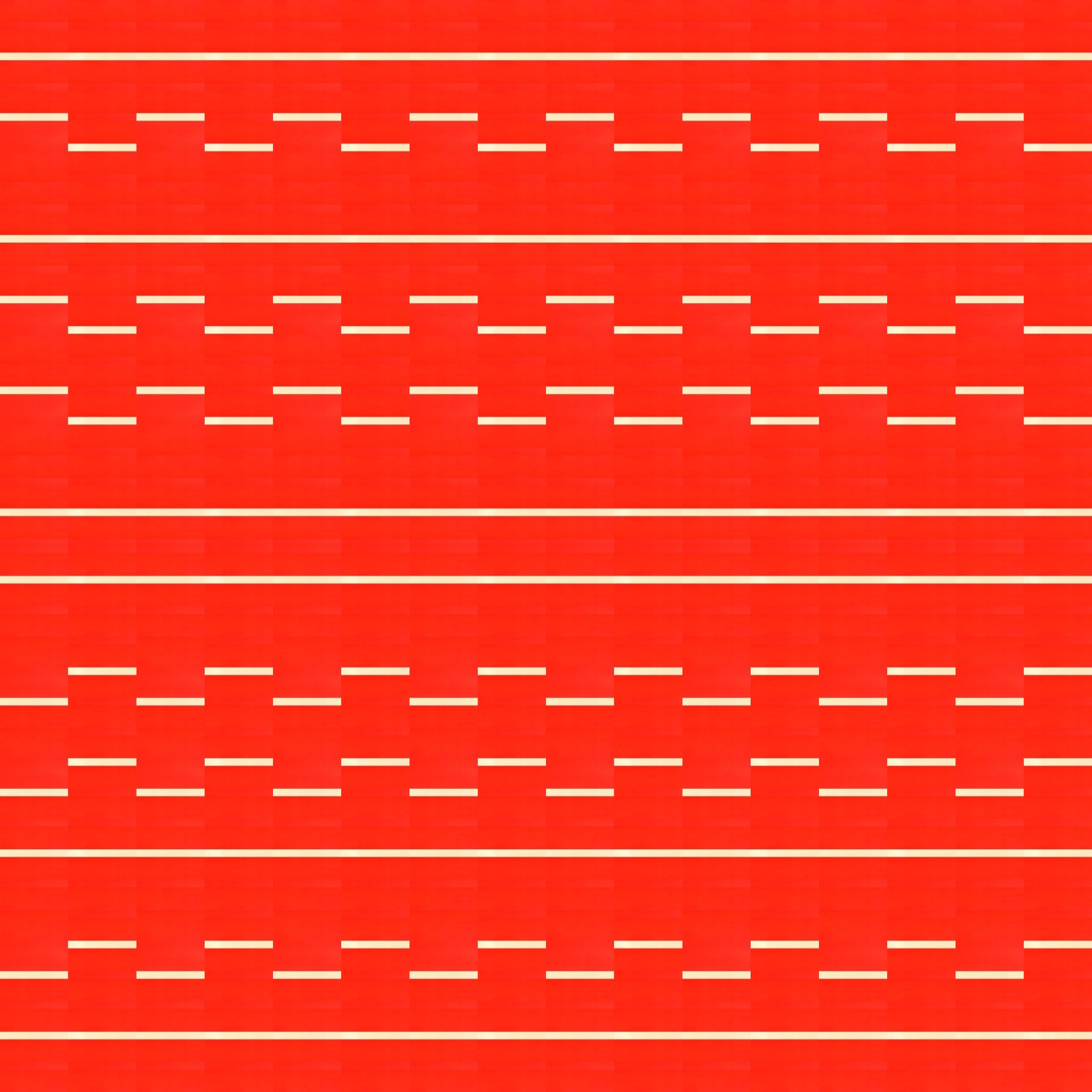
After the Lower House elections in Japan last October, I wrote a note that emphasised the mounting and cumulative stresses on the country.
Exciting news: Symplectic, a global leader in research information management systems, has integrated ROR into its flagship platform, Symplectic Elements.
Does using machine learning solve our problem of p-hacking and HARKing or do we have the same problems as with statistical tests and models?
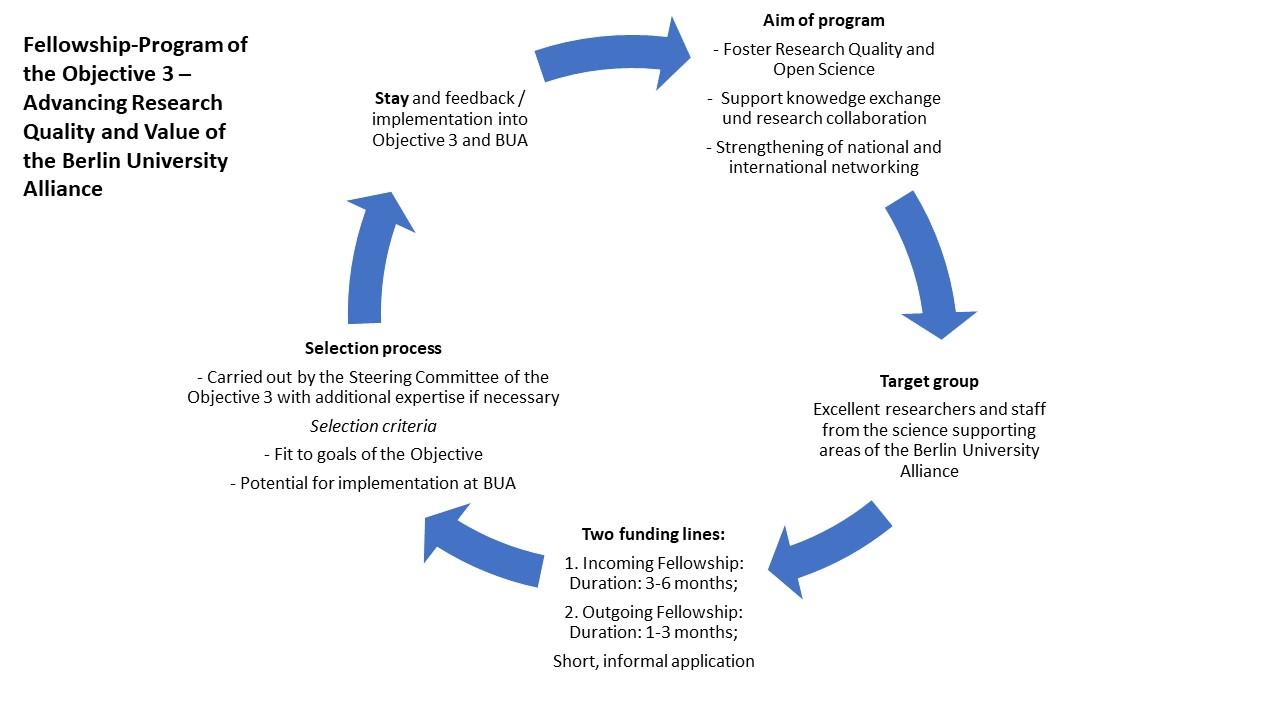
In my PhD research, I investigate how metadata for research data are generated and maintained. I have started by analyzing how metadata records of the DOI registration agency DataCite change over time (Strecker 2024a, 2024b). Recently, I was awarded a grant by the Berlin University Alliance (BUA) - through the BUA Fellowship Program of the Objective 3 - Advancing Research Quality and Value.
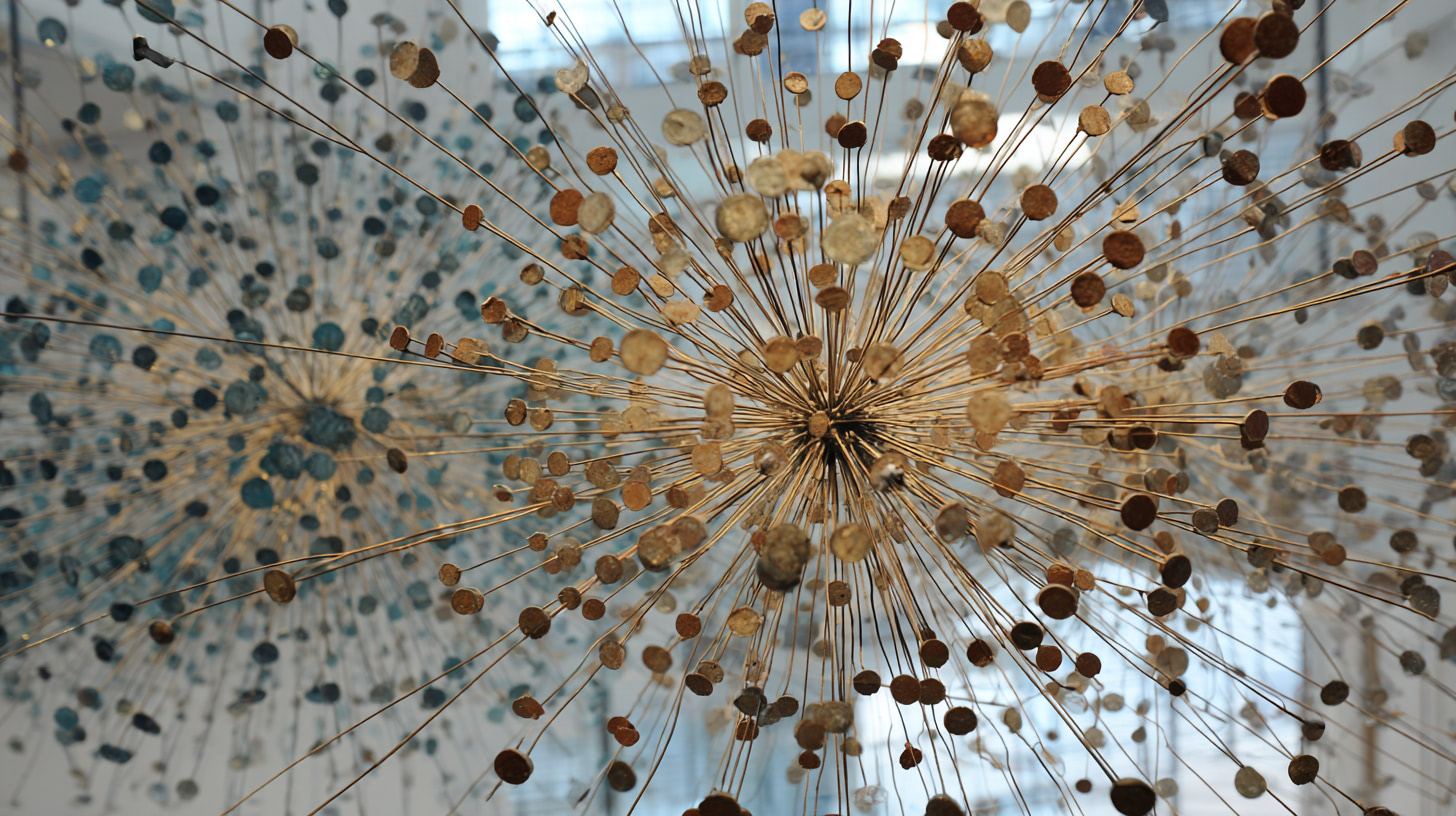
Imagine a social worker in Ukraine supporting children affected by the humanitarian crisis. Thousands of kilometers away, a radiation specialist in Japan is trying to find effective ways to communicate with local communities. In Nigeria, a health worker is tackling how to increase immunization coverage in their remote village. These professionals face very different challenges in very different places.
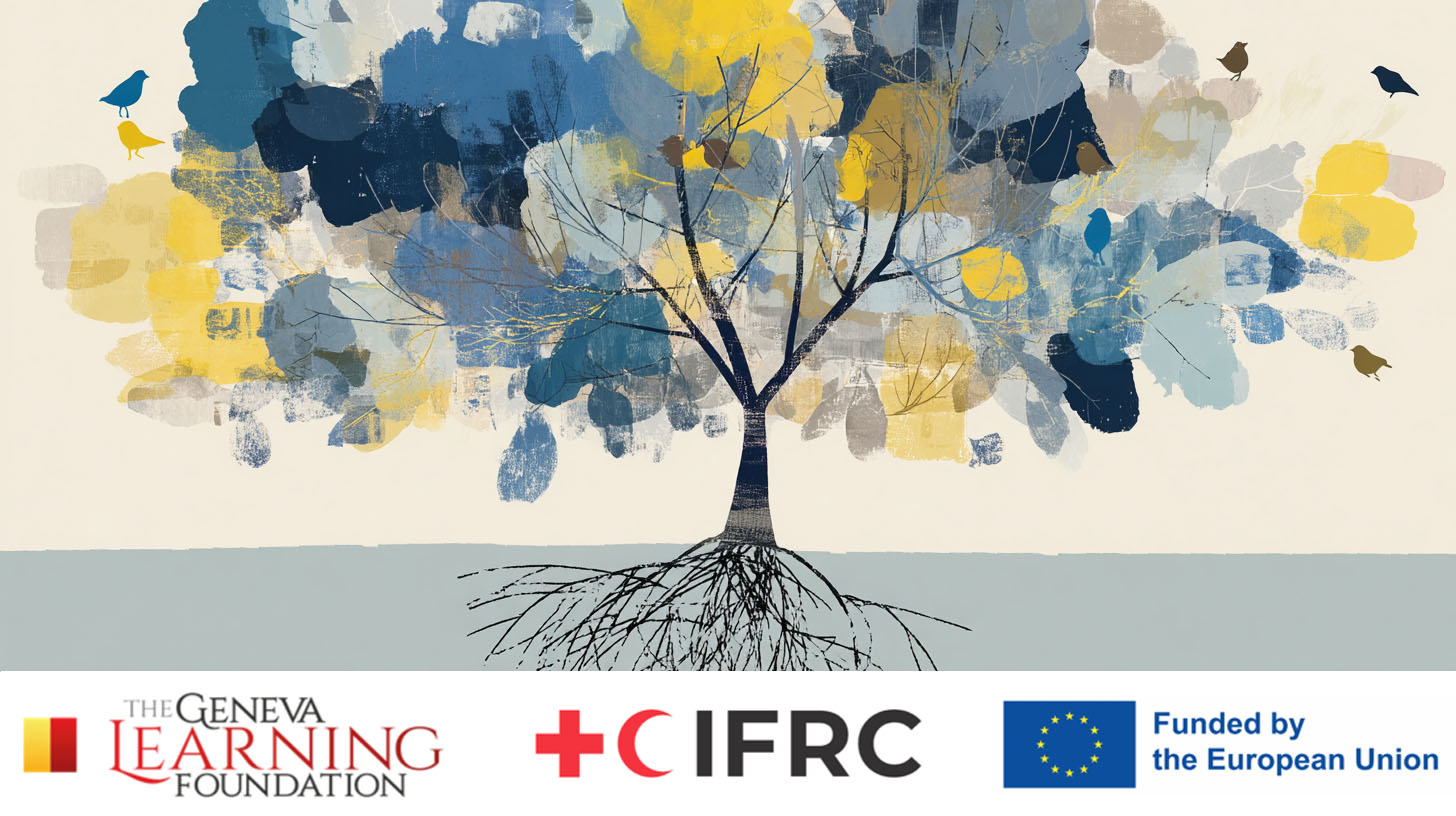
In the PFA Accelerator, practitioners supporting children are teaching each other what works . Every Friday, more than 240 education, social work, and health professionals across Ukraine and Europe file reports on the same question: What happened when you tried to help a child this week? Their answers – grounded in their daily work – are creating new insights into how Psychological First Aid (“PFA”) works in active